In school, we’re taught a variety of subjects that aim to prepare us for the future. However, there are some crucial lessons about our world and planet Earth that often fall through the cracks. These are the things that could help you better navigate the complexities of adult life and foster a deeper understanding of the environment you inhabit. Let’s explore these overlooked topics that could have made your education a bit more comprehensive.
1. The Real Impact Of Plastic

We hear about plastic pollution, but do you really know its effects on the planet? It’s not just about litter on beaches; plastic affects marine life and eventually enters the food chain. According to marine biologist Dr. Sylvia Earle, microplastics have been found in 114 marine species, many of which are consumed by humans. This knowledge could drive you to make more sustainable choices in your daily life.
Plastic is virtually indestructible, taking hundreds of years to decompose. It’s designed for durability, yet it’s often used for single-use items. Understanding the lifecycle of plastic can shift your perspective on consumption. Schools could emphasize this to encourage more responsible habits.
2. The Power Of Biodiversity
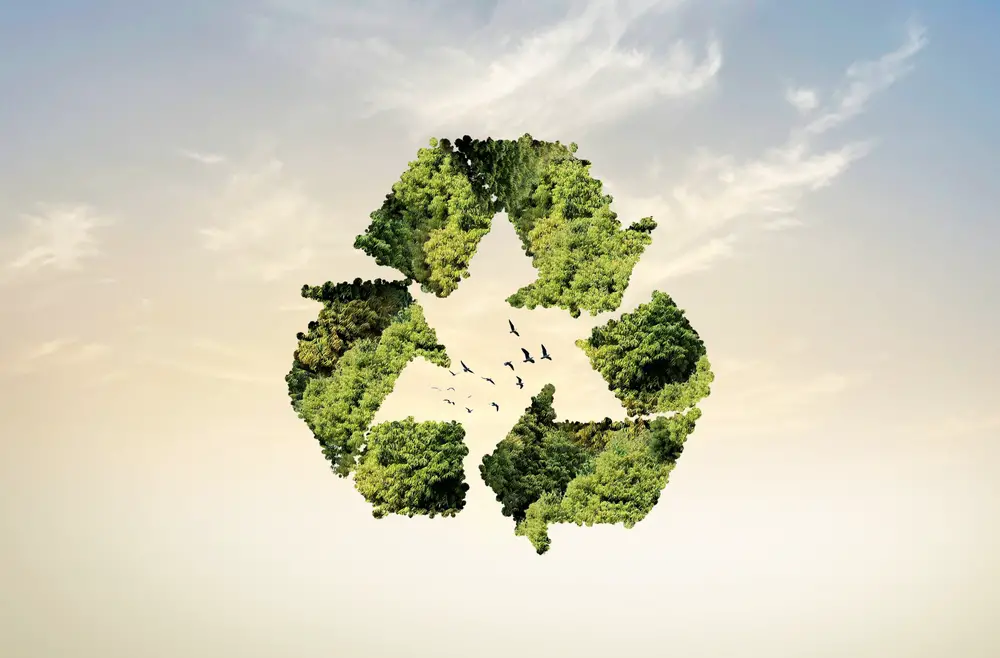
Biodiversity isn’t just a buzzword; it’s crucial for a balanced ecosystem. The variety of species in an ecosystem contributes to its resilience and productivity. More diverse ecosystems can better withstand environmental stressors like climate change. By appreciating biodiversity, you’re also valuing the health of our planet.
Loss of biodiversity affects food security, health, and water quality. Each species plays a unique role in its ecosystem, and the absence of one can disrupt the entire chain. This interconnectedness isn’t always apparent at first glance. Understanding it could inspire more mindful interactions with nature.
3. The Science Of Climate Change
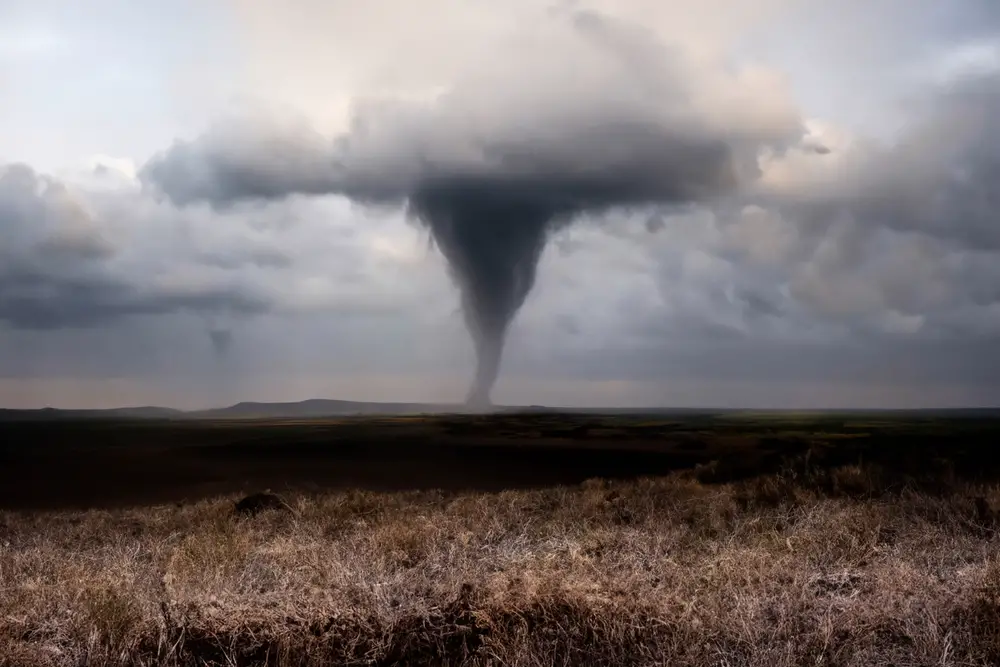
Climate change discussions often focus on broad impacts, but the science behind it is fascinating. Did you know that carbon dioxide levels are higher than they have been in 800,000 years? According to climate scientist Dr. James Hansen, this is primarily due to human activities like burning fossil fuels. Grasping this data underscores the urgency of addressing climate change.
Temperature increases might seem incremental, but they have profound effects globally. Rising temperatures lead to extreme weather patterns, affecting agriculture and infrastructure. Learning the specifics can make climate change feel more immediate and real. It’s about understanding how small changes accumulate to create a global crisis.
4. The Importance Of Soil Health
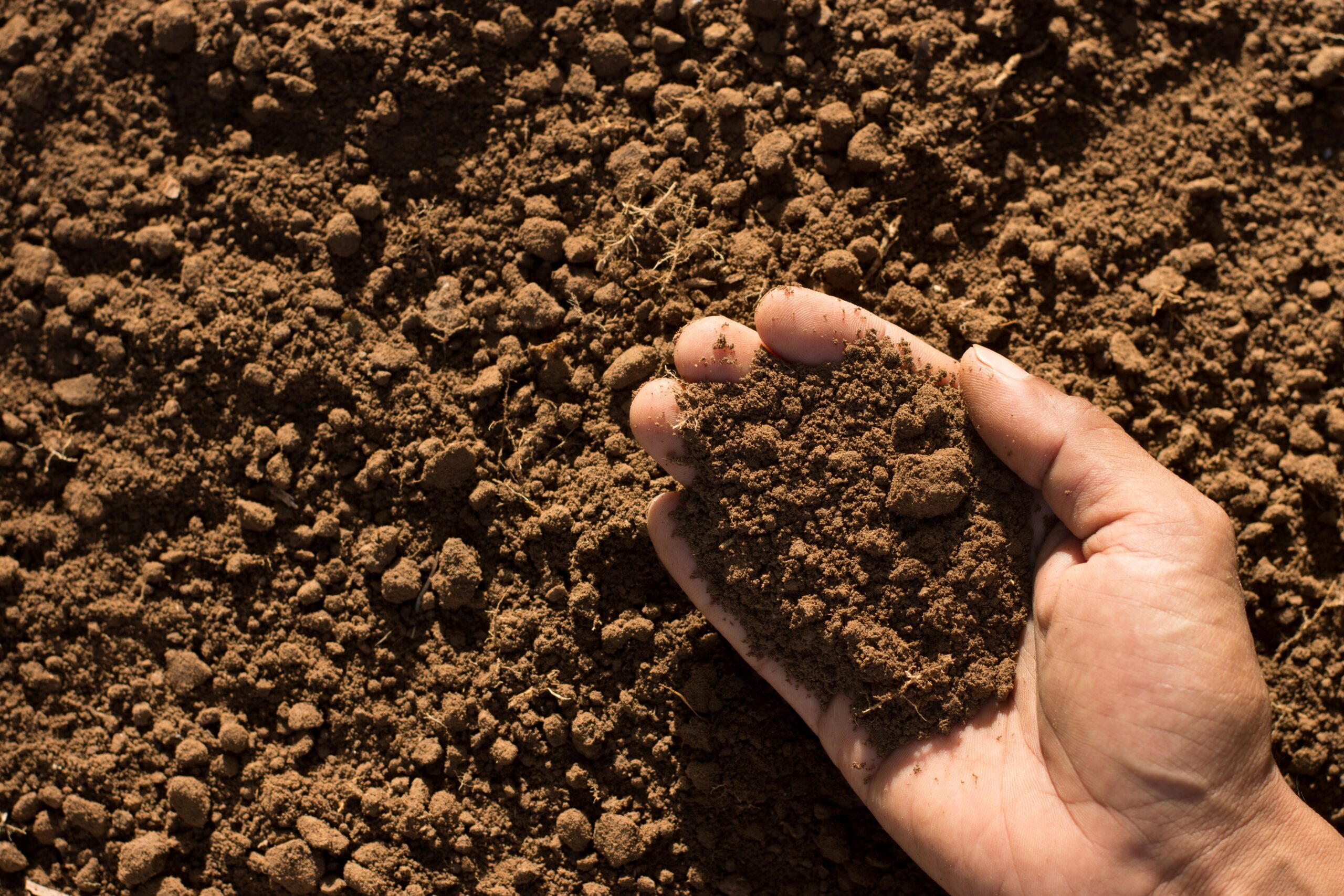
Soil is more than just dirt; it’s a living ecosystem that supports life on Earth. Healthy soil is vital for growing food, filtering water, and storing carbon. Yet, unsustainable farming practices are degrading this critical resource. Understanding soil health could lead to better agricultural and environmental practices.
Degraded soil leads to reduced agricultural yields and increased greenhouse gas emissions. This creates a vicious cycle that threatens food security and contributes to climate change. If schools highlighted soil’s importance, future generations might prioritize regenerative practices. This could result in healthier ecosystems and more resilient food systems.
5. The Hidden Costs Of Fast Fashion

Fast fashion is convenient, but it comes with hidden environmental costs. The industry is responsible for 10% of global carbon emissions and vast amounts of waste. Environmentalist Lucy Siegle points out that we buy 60% more clothing than 15 years ago, yet each item is kept half as long. Understanding these impacts can change your shopping habits.
Clothing waste ends up in landfills, where it takes decades to decompose. Additionally, textile production consumes significant water and energy resources. Schools could teach the importance of sustainable fashion choices. This awareness might lead you to support brands that prioritize ethical and eco-friendly practices.
6. The Role Of Pollinators
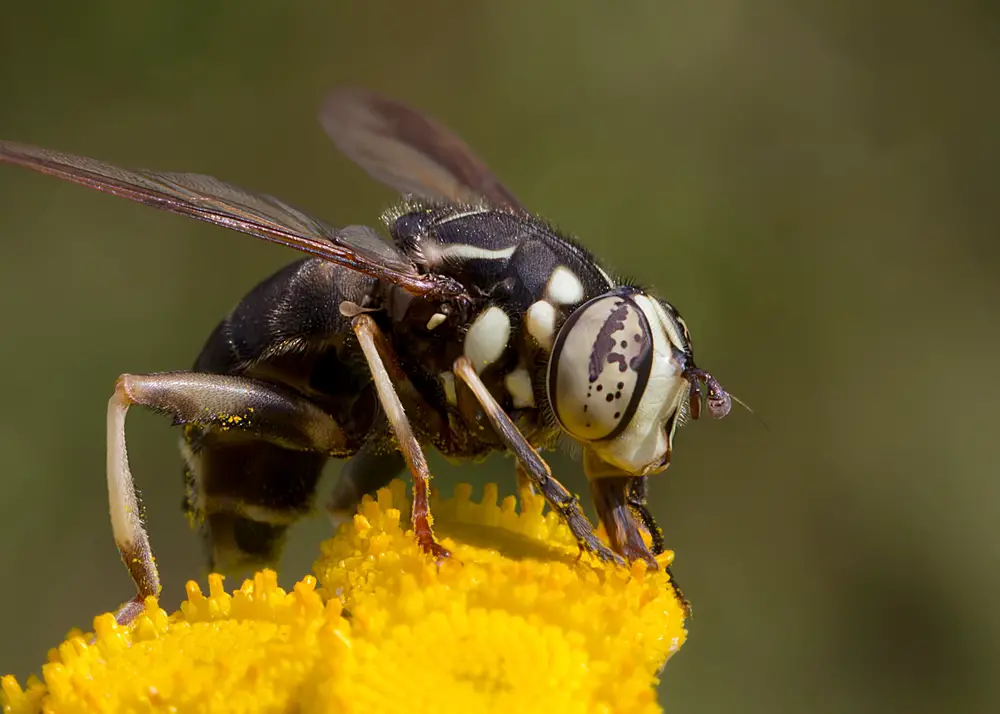
Pollinators like bees and butterflies are vital for food production. They help fertilize the plants that produce fruits, vegetables, and nuts. Without them, many of the foods you love would be scarce or gone entirely. Schools often overlook this critical ecological service.
Pollinators face threats from pesticides, habitat loss, and climate change. Their decline could lead to reduced crop yields and higher food prices. Understanding their role highlights the importance of protecting these species. This knowledge could inspire you to create pollinator-friendly environments.
7. The Concept Of Ecological Footprints

Your ecological footprint is a measure of how your lifestyle impacts the planet. It considers factors like energy use, waste production, and resource consumption. According to a study by the Global Footprint Network, humanity currently uses the equivalent of 1.7 Earths to meet its resource demands. Schools could teach this concept to foster more sustainable living habits.
Understanding your ecological footprint can motivate you to make more eco-conscious decisions. It’s about recognizing how small changes in behavior can reduce your environmental impact. This knowledge empowers you to live within the planet’s means. Schools could provide practical tips to help students minimize their footprints.
8. The Basics Of Renewable Energy
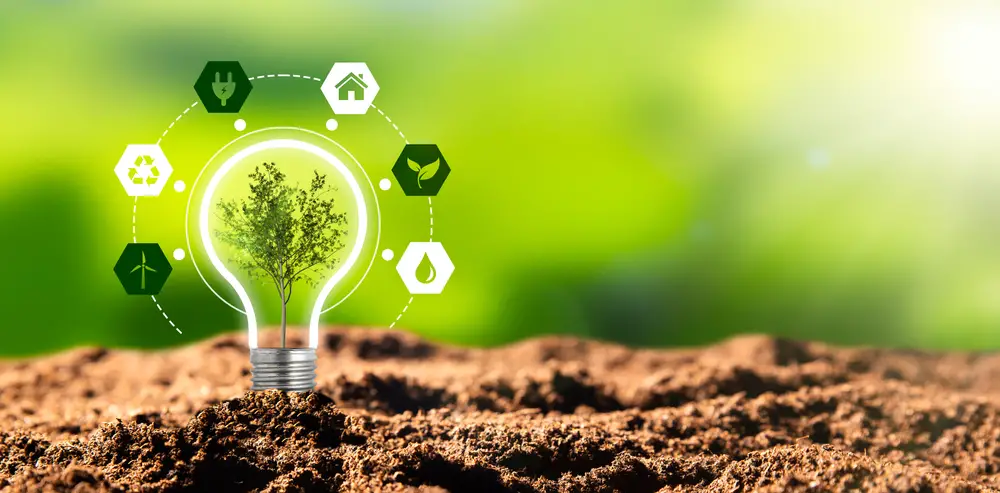
Renewable energy sources like solar and wind power are key to a sustainable future. Yet, many people lack understanding of how they work. These energy sources are abundant and produce little to no emissions, making them essential in combating climate change. Schools could dive deeper into the mechanics and benefits of these technologies.
Transitioning to renewable energy can reduce dependency on fossil fuels and decrease pollution. It also creates economic opportunities and can lead to energy independence. Understanding these aspects might encourage you to support renewable initiatives in your community. This knowledge is crucial for fostering a greener future.
9. The Cycle Of Water
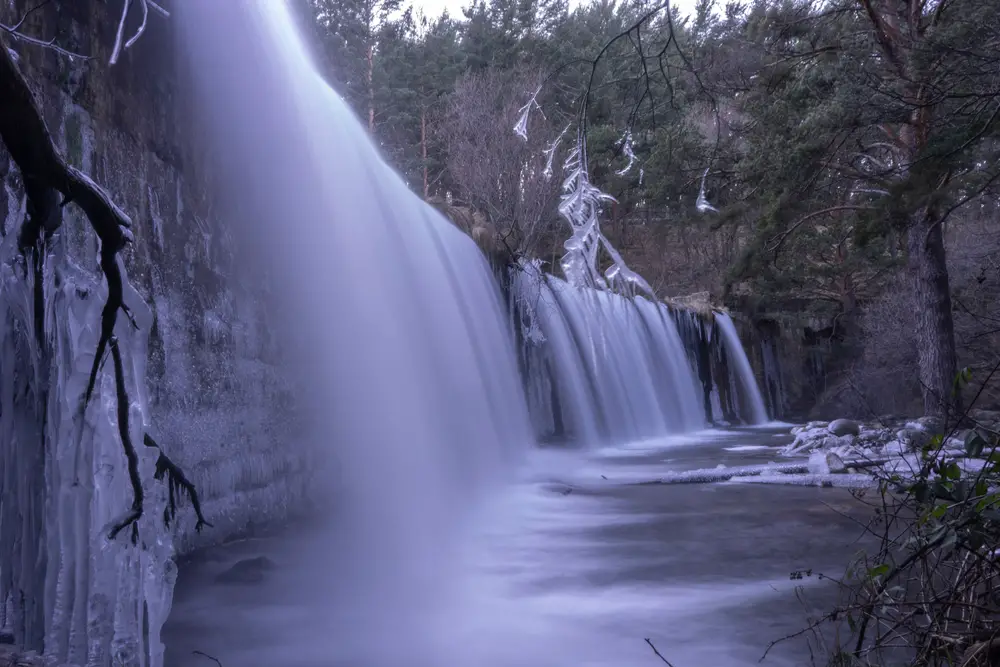
Water is essential for life, but it’s a finite resource that needs careful management. The water cycle is complex, involving processes like evaporation, condensation, and precipitation. Yet, many people take water availability for granted. Schools could emphasize the importance of this cycle and the challenges of water scarcity.
Understanding the water cycle can lead to more responsible water usage. It’s about recognizing the impact of everyday actions, like prolonged showers or excessive lawn watering. With climate change altering precipitation patterns, water conservation is more critical than ever. This knowledge could inspire you to adopt water-saving practices.
10. The Value Of Urban Green Spaces

Urban green spaces offer more than just aesthetic value. They provide habitats for species, improve air quality, and promote mental well-being. Yet, development often prioritizes buildings over parks and gardens. Schools could teach the multifaceted benefits of green spaces.
Green spaces can reduce urban heat, improve stormwater management, and offer recreational opportunities. They also contribute to community well-being and cohesion. Understanding these benefits might lead you to advocate for more green spaces in urban areas. This knowledge emphasizes the role of nature in enhancing city life.
11. The Dynamics Of Ocean Currents

Ocean currents play a crucial role in regulating Earth’s climate. They distribute heat across the planet and influence weather patterns. Yet, many people are unaware of their significance. Schools could cover the science behind currents like the Gulf Stream.
Changes in ocean currents can alter climates and weather systems globally. They affect marine biodiversity and have economic implications for fisheries and transportation. Understanding these dynamics can provide insight into global climate systems. This knowledge is crucial for comprehending the broader impacts of climate change.
12. The Necessity Of Conservation

Conservation isn’t just about saving endangered species; it’s about maintaining ecological balance. Protected areas, sustainable practices, and biodiversity preservation are all vital. Yet, conservation often takes a back seat in education. Understanding its importance can lead to more proactive environmental stewardship.
Conservation efforts help protect natural resources crucial for survival. They also preserve cultural heritage and support local economies through ecotourism. Schools could highlight these multifaceted benefits to instill a conservation mindset. This knowledge can empower you to support and participate in conservation initiatives.
13. The Reality Of Environmental Justice

Environmental justice addresses the unequal impacts of environmental issues on marginalized communities. It’s about recognizing that these communities often bear the brunt of pollution and climate change. Schools rarely address this critical intersection of social justice and environmentalism. Awareness of these inequalities is essential for fostering equitable solutions.
Environmental justice advocates for fair treatment of all people, regardless of race or income. It emphasizes community involvement in decision-making processes. Understanding these principles can inspire you to support policies that promote environmental equity. This awareness could lead to a more inclusive approach to environmental challenges.
14. The Interconnection Of Systems
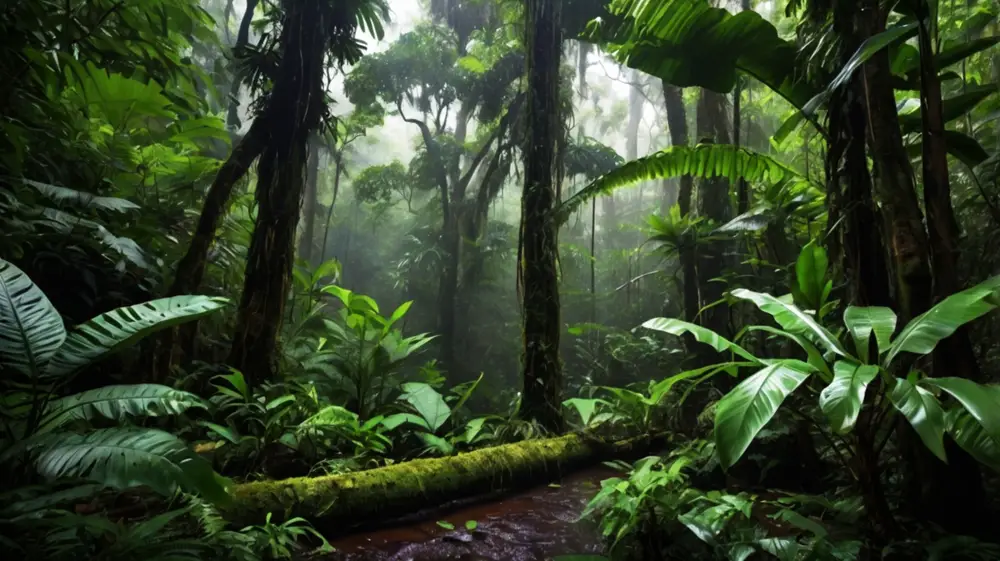
Nature is a network of interconnected systems, from food webs to nutrient cycles. Disruptions in one area can have cascading effects throughout an ecosystem. This interconnectedness is often overlooked in education. Schools could emphasize the importance of understanding these relationships.
Recognizing nature’s intricate connections can change how you approach environmental issues. It’s about seeing the big picture and understanding that actions have consequences. This knowledge can inspire holistic solutions to environmental problems. Emphasizing interconnected systems can lead to more effective conservation efforts.
